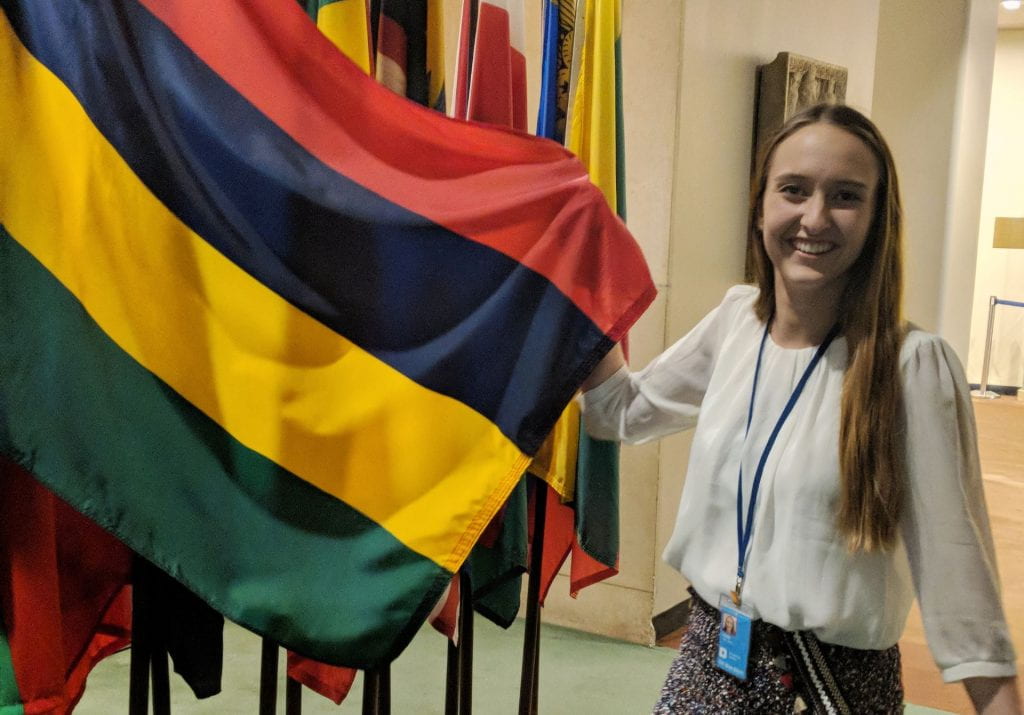Share your Talents…with UCL Talent Bank
By skye.aitken, on 23 February 2021
Read time: 2 minutes
Written by Victoria Abbott, Recruitment & Selection Advisor at UCL Careers.
If you are looking for a job for when you graduate, or an internship for the summer break, try UCL Talent Bank.
UCL Talent Bank is a service run by UCL Careers which matches UCL candidates with opportunities sourced by the UCL Talent Bank team. The team actively source opportunities for UCL students and graduates, and then present applications to employers.
Anytime you submit an application via UCL Talent Bank and are unsuccessful in securing the role, one of our career professionals will provide you with tailored feedback on your application, helping you to develop your application skills and increase your chances of successfully securing a role in the future.
Typically, these opportunities are at Small to Medium Enterprises (SMEs) and include internships, graduate roles, and part time jobs. Plus, all of the opportunities are exclusive to you as a UCL student or graduate, increasing your chances of successfully securing a role!
Keep reading for an exclusive interview with Nasima Bashar, Internships & Vacancies Officer at UCL Careers, who helps organise opportunities for UCL students via the UCL Talent Bank service.
This sounds like an amazing opportunity for students! Can you tell me a little bit more about the process and how students can apply?
Once we advertise the role on myUCLCareers, students can start their application, which typically involves uploading a tailored CV and cover letter. Once the deadline has passed, we review the applications and send the shortlisted candidates to the employer.
Students can apply for as many UCL Talent Bank opportunities as they like and all opportunities on myUCLCareers are paid in accordance with National Minimum Wage legislation.
The employer will then get in touch with any candidates whom they wish to follow up with, and progress to the next stage of the recruitment process. If students are not invited for an interview, but were shortlisted, we ask the employer to provide feedback on the application and why they chose not to interview on that occasion.
If students are unsuccessful for a role, we can also provide individual and tailored feedback, specifying key areas that can be worked on to ensure improvements ready for the next application.
So how are UCL Talent Bank opportunities sourced compared to other roles that students may find for themselves?
We will actively source opportunities for UCL students and graduates, and present applications to employers on every occasion we possibly can, to ensure students have the best opportunities available to them.
We look for roles that will be of benefit to UCL students in terms of the skill set, support, and general wealth of experience that can be gained from working at each organisation. There are dedicated members of the UCL Careers team who seek roles for specific student groups, including engineering students, PhD and research students, and opportunities which are appropriate for all student levels across all academic disciplines.
It is a great pleasure to source opportunities where students go on to thrive in their roles and really enjoy working within a supportive and engaging workplace.
Fantastic! Are there any additional advantages to be gained from engaging with the UCL Talent Bank service?
A UCL Talent Bank opportunity is typically exclusive to UCL students, but this is not the only benefit of the service. When sourcing an opportunity, we make sure there is a good amount of support in place for our students who successfully secure the role, whether that be a supervisor or mentor who oversees the student.
We also ensure there are specific objectives and outcomes which the student can work towards throughout their time at the organisation and really try to ensure there are real benefits and tangible skills the students will gain from the opportunity.
Employers are very interested in recruiting the best talent, and UCL is the best place to do so. We have over 40,000 students within the University made up of undergraduates, postgraduates and research students and employers are fully aware we have plenty of bright students who meet their organisational needs!
Many UCL students and graduates have benefited from the scheme, which began in 2015. Sarah, UCL BSc Economics alumni, had this to say about the service:
“UCL Talent Bank is a quick and easy way to find fantastic opportunities with SMEs. As a recent graduate I found many relevant, interesting opportunities and the first one I applied for, I got! The job I have now has fast tracked my career and I’ve even started a professional qualification.”
To begin your UCL Talent Bank search, just log-in to your myUCLCareers account and select UCL Managed Opportunities Scheme list, UCL Talent Bank to view all available opportunities.
 Close
Close










